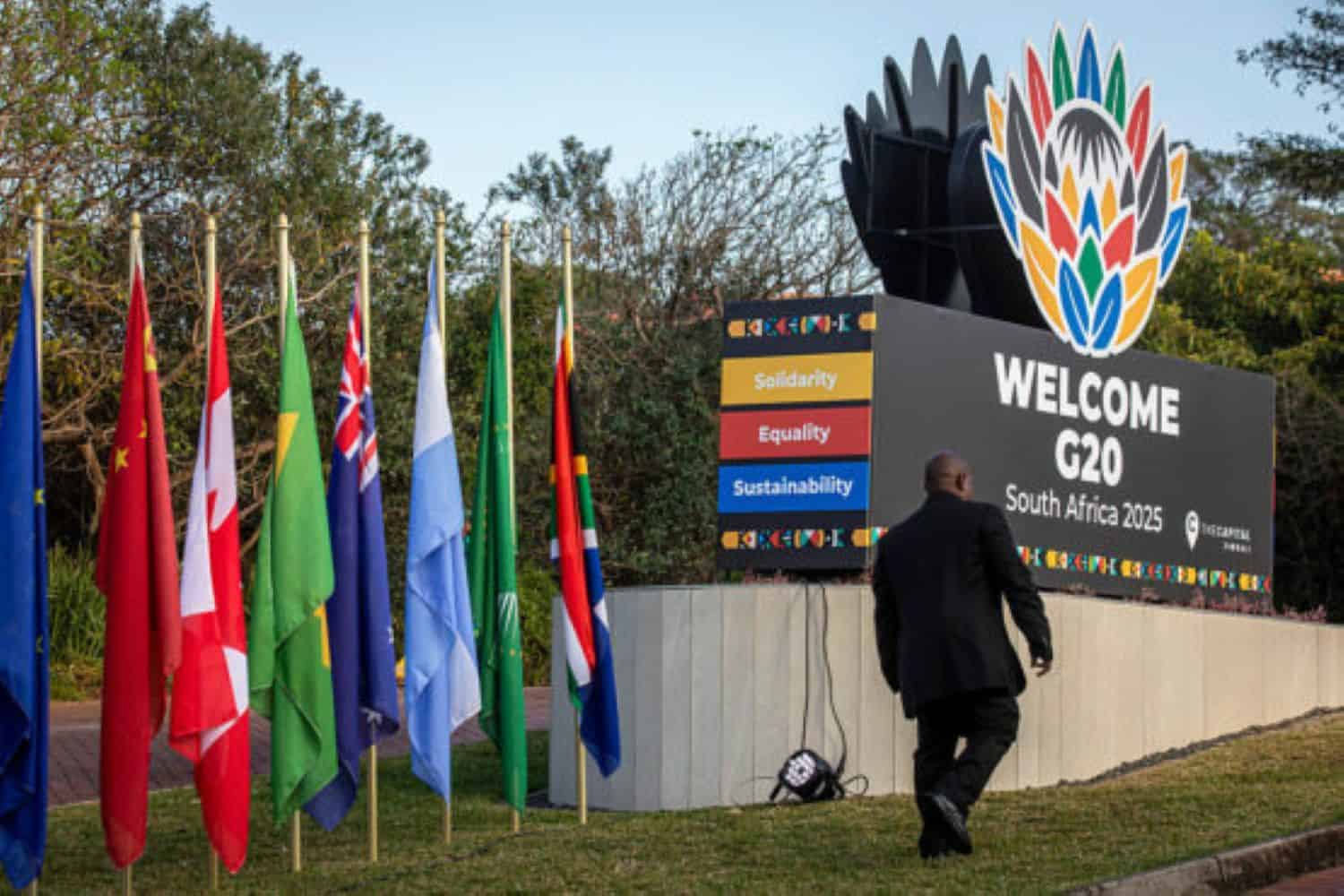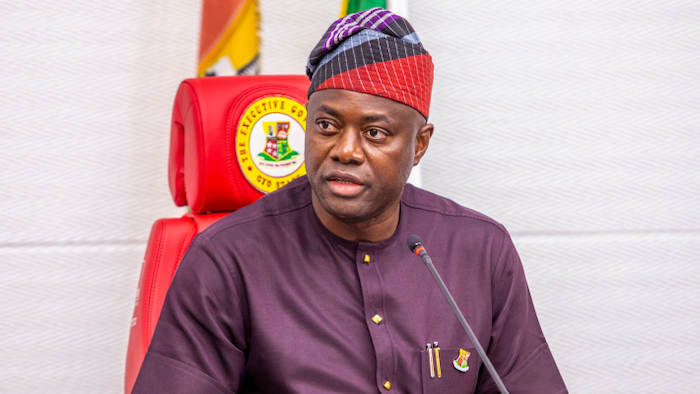
Delegates heading to Johannesburg for the G20 summit will be among the first to pass through South Africa’s new digital gates.
The influx from foreign visitors from select nations across the globe has been seen by the government as an opportunity to implement phase one of the Electronic Travel Authorisation (ETA).
Home Affairs announced the biometric system earlier this year and it will go hand-in-hand with the Department of Home Affairs’ one-stop border plan.
ETA in South Africa
Testing of the system was conducted in October and focused mainly on delegates from Mexico, Indonesia, India and China who will be among the first to arrive for the summit.
DHA stated on Tuesday that roughly 200 ETA applications from G20 delegates had been processed and that the system was working well.
G20 movements through international airports in Johannesburg and Cape Town will lay the foundation of a rollout to the wider population.
“As we open the ETA up to all tourists in phases, we will inject growth into our tourism sector on a scale not seen before,” stated Minister Leon Schreiber.
Cliffe Dekker Hofmeyr explained the ETA is a system that replaces paper-based processes and allows instant verification using online applications and biometric data.
“The ETA will be integrated with the Electronic Movement Control System that will be based on facial recognition at points of entry, with piloting taking place at OR Tambo and Cape Town international airports,” stated the firm.
One-stop border post
The One-Stop Border Post Bill was also before National Assembly on Tuesday for a debate on the wider legislation governing the system.
Schreiber said the Bill would streamline processes for the Border Management Authority and allow for the creation of common control zones in neighbouring states.
“For the people of South Africa, this Bill will enable faster, more efficient, more modern, and more secure cross-border trade, taking our country one step closer to realising the vision of the African Continental Free Trade Area,” said the minister.
“It cuts needless red tape and modernises processes that reduce non-tariff barriers to trade at a time when South Africa needs this more than ever before,” he concluded.
RISE Mzansi National Assembly Whip Makashule Gana said the success of the bill would be judged on whether it became “easy to enter our country legally, and near impossible to enter illegally”.
He said the stronger regulations at home and across Southern African Development Community (SADC) were vital, otherwise South Africa’s borders would remain porous.
“Our immigration problem is the result of both state inaction and poor cooperation with our neighbours.
“Our government has failed to consistently enforce our laws, leaving our people exposed to criminal syndicates and leaving migrants vulnerable to a broken, corrupt immigration system. This failure is not only embarrassing — it is dangerous,” Gana stated.
NOW READ: Joburg to fast-track informal trader verification after court ruling



